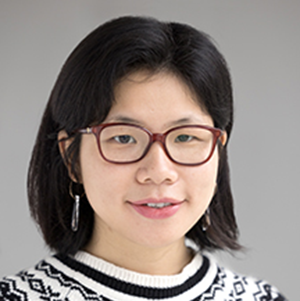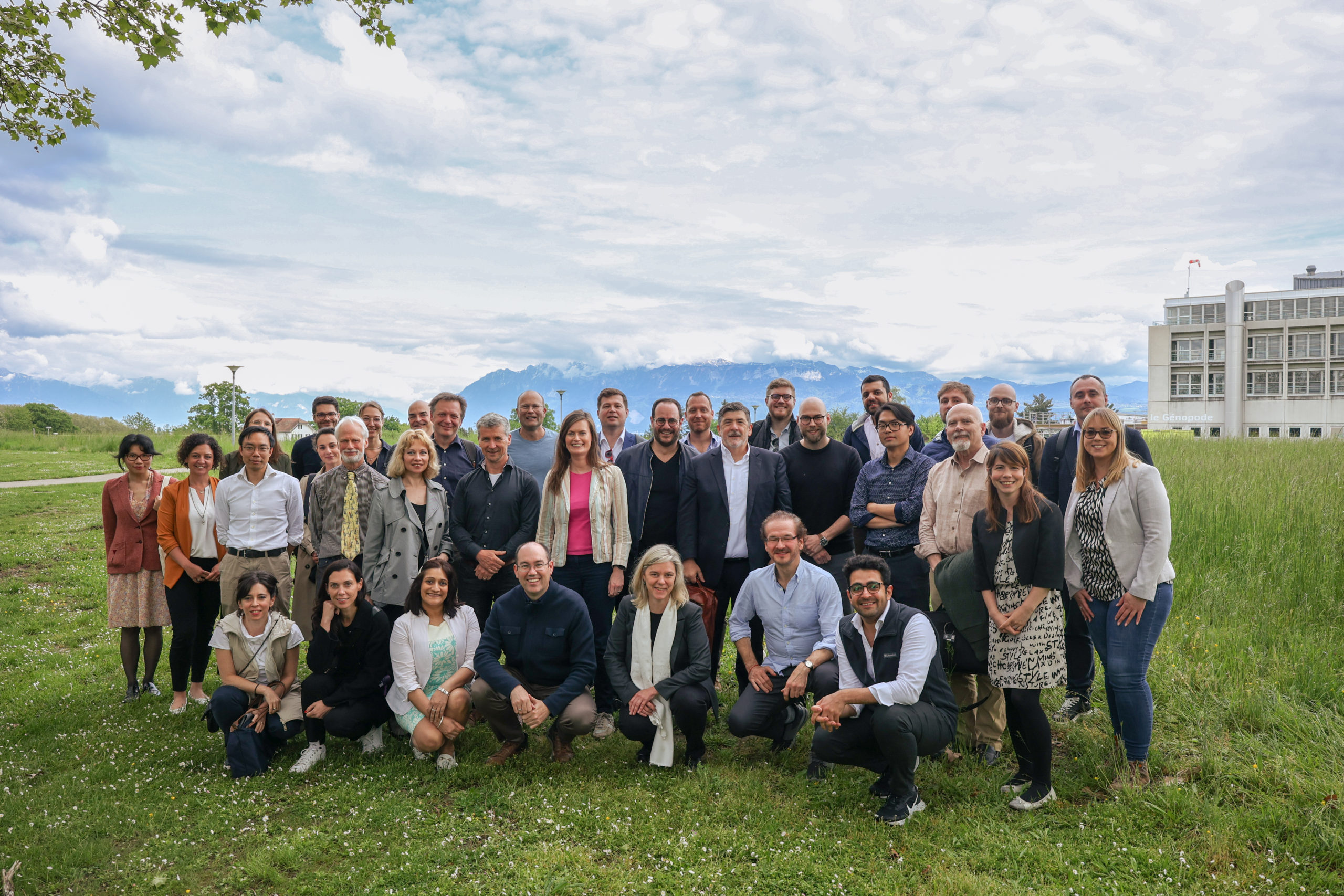The Next Decade of Legitimacy Research: Advancing the Multilevel Theory of Legitimacy
Paper Development Workshop & Expert Panel
To be held in person
University of Lausanne
May 8th and 9th, 2023
Organized by
- Anna Jasinenko (University of Lausanne)
- Patrick Haack (University of Lausanne)
Confirmed Experts
- Alex Bitektine (Concordia University)
- David Deephouse (University of Alberta)
- Michael Etter (King’s College London)
- Patrick Haack (University of Lausanne)
- Derek Harmon (University of Michigan)
- Laura Illia (University of Fribourg)
- Roy Suddaby (University of Victoria)
Sponsored by
Swiss National Science Foundation (see SNSF project here)
Purpose and Agenda
This workshop seeks to build upon the multi-level theory of legitimacy and define the research agenda for the next decade. We welcome the submission of research projects with a conceptual, empirical and/or methodological orientation to help consolidate the multi-level theory of legitimacy in organization and management studies. The workshop should be of special interest for doctoral students, postdocs, and junior faculty; scholars more advanced in their careers are also invited to submit their work.
It will offer participants an opportunity to discuss and learn about recent advancements in legitimacy research, to develop a network in this field, and to receive individual feedback on project ideas and work in progress.
In the afternoon of May 8th, we will start with presentations and discussions of current trends and future directions in legitimacy research. Senior scholars will share their insights and experience in the field. In the evening, we will provide a networking program including a dinner. The morning of May 9th will be focused on roundtable sessions to help develop participants’ working papers and project ideas. Each paper will have a senior scholar discussant with a track record of multiple publications in leading management journals. Authors will also receive feedback from peers with similar research interests.
Selection of papers and project ideas will be based on an abstract of 500 words. Early-stage work is welcome and full papers are not expected. The deadline for submission of abstracts is 11:59 pm, April 1st, 2023.
Logistics and Support to Participants
Accepted participants are invited to stay for two nights in the Starling, a four-star hotel close to the HEC campus in Lausanne. There is no conference fee, and no charge for lunch, coffee breaks and dinner. Participants must make their own travel arrangements to Lausanne. Participants are expected to attend the full program starting with a lunch at 12 am on May 8th and ending around 2 pm on May 9th.
Key Dates
11:59 pm, April 1st, 2023
Deadline for the submission of abstract (500 words)
April 5th, 2023
Notification of acceptance
April 15th, 2023
Deadline for final registration
May 8th and 9th, 2023
Workshop
For questions regarding the workshop please contact Anna Jasinenko (anna.jasinenko@unil.ch).
Workshop location
The workshop will take place in Lausanne, one of the economic and intellectual hubs of Switzerland and Europe, 40 minutes train ride from Geneva airport
Theoretical background
For a detailed elaboration on the multi-level conception of legitimacy, please see Bitektine & Haack 2015 as well as Haack, Schilke, & Zucker 2021
References
Bitektine, A., & Haack, P. 2015. The macro and the micro of legitimacy: Towards a multi-level theory of the legitimacy process. Academy of Management Review, 40(1), 49-75.
Haack, P., Schilke, O., & Zucker, L. (2021). Legitimacy revisited: disentangling propriety, validity, and consensus. Journal of Management Studies, 58 (3), 749-781.
Suchman, M.C. (1995). Managing legitimacy: strategic and institutional approaches. Academy of Management Review, 20 (3), 571-610.
Tost, L. P. (2011). An integrative model of legitimacy evaluations. Academy of Management Review, 36, 686-710.
In the past few years, legitimacy research has sought to integrate individual- and collective- level viewpoints and suggested that legitimacy construal is a multilevel process of social judgment formation in which different components of legitimacy interact (Bitektine & Haack, 2015). This multilevel process comprises propriety as the individual-level component of legitimacy, defined as an evaluator’s personal belief that the essence, qualities, or actions of an object are appropriate for its social context (Tost, 2011). In addition, it comprises validity, i.e., a collective-level belief which describes the extent to which a group considers the nature or activities of a legitimacy object as appropriate (Suchman, 1995). Validity represents legitimacy’s institutionalized component and grants a legitimacy object a status of facticity that is informed by a tacit understanding of how things are (Berger & Luckmann, 1967). A validity belief can be described as an evaluator’s judgment that a legitimacy object is perceived as appropriate by significant others in the focal evaluator’s reference group, independently of whether the evaluator regards that object to have propriety. Importantly, individual evaluators are more likely to judge a valid legitimacy object as proper but may choose to silence their propriety beliefs if they conflict with the object’s (perceived) validity (Bitektine & Haack 2015).
Recently, legitimacy scholars have elaborated on an underexplored topic in the multilevel theory of legitimacy—consensus—a collective-level construct that describes the degree to which evaluators agree in terms of propriety beliefs (Haack, Schilke, & Zucker, 2021). Whereas consensus and validity can overlap, in that validity may reflect consensual approval, they are not the same, given that validity, as an institutionalized perception of appropriateness, may hide underlying disagreement—i.e., low consensus. Haack and colleagues (2021) clarified that the persistence and stability of valid legitimacy objects may be based on a collective misperception regarding the actual support for a legitimacy object, in the sense that consensus for a valid legitimacy object is merely presumed but not real. Open and trustful communication among evaluators may reveal an incongruity between validity and consensus and prompt evaluators to update their propriety beliefs, challenge the validity of the status quo and eventually engage in institutional change efforts. The conceptual distinction between validity and consensus is therefore essential to understand the legitimacy processes that precede the occurrence of sudden and unanticipated institutional change.
We suggest that future research on legitimacy needs to clearly disentangle between the propriety, validity, and consensus components of legitimacy, both conceptually and empirically.
Program Expert Panel & Paper Development Workshop
“The Next Decade of Legitimacy Research: Advancing the Multilevel Theory of Legitimacy”
Find presentation slides below
May 8th
Restaurant de Dorigny à l’Unithèque (map)
- 12:00 – 13:00 Lunch
Room 414 in the Amphimax building (map)
- 13:30 – 13:40 Welcome by Patrick Haack & Anna Jasinenko
- 13:40 – 15:00 Expert Presentations followed by a Panel Discussion: “The Past, Present, and Future of Conceptual Legitimacy Research”
- 15:00 – 15:30 Coffee break
- 15:30 – 16:45 Showcase presentations “Methodological Advancements in Legitimacy Research”
- Anna Jasinenko: Deliberative Experiments: A Dialogical Approach (slides)
- Derek Harmon: Measuring taken-for-grantedness using the Toulmin Model of Argument (slides)
- Laura Illia: Computerized text analysis to measure legitimacy in social media (slides)
- Michael Etter: A Qualitative Approach to Social Media Data for Legitimacy Research (slides)
- 17:45 – 19:30 Lakeside walk: Meeting at Starling Hotel to walk to the restaurant “Brasserie de Montbenon”
Brasserie de Montbenon (map)
- 19:30 Dinner
May 9th
Building Amphipole Room 336 (map)
- 9:00 – 9:45 Panel discussion with all experts moderated by Anna Jasinenko: “How to publish multilevel legitimacy research in top-tier journals?”
- 9:45 – 10:00 Coffee and Croissants break
- 10:00 – 12:45 Roundtable discussions about the development of participants’ research projects
Restaurant de Dorigny à l’Unithèque (map)
- 13 :00 – 14 :00 Lunch
Locations
The Starling Hotel is in ca. 15 minutes walking distance to the Restaurant de Dorigny (lunch) and the Amphimax and Amphipôle buildings.
Next to Google Maps, you can use https://planete.unil.ch/ to navigate between the University buildings
Organizers

Patrick Haack
University of Lausanne
Patrick is Professor of Strategy and Responsible Management in the Department of Strategy, Globalization and Society at HEC Lausanne, University of Lausanne. He serves as the Director of the HEC Research Center for Grand Challenges and is an International Research Fellow at the Oxford University Centre for Corporate Reputation. Patrick’s research interests center on the organizational adoption and implementation of CSR as well as the application of experiments and formal models to the study of strategy and organizational processes. A major focus of his current research relates to the conceptual and empirical exploration of legitimacy, a crucial antecedent of social and institutional change. In this context, he is examining legitimacy dynamics in the fields of tax avoidance, anti-corruption, and human rights. One of his emerging research streams is the study of “intergenerational discounting,” a psychological tendency to perceive a desired result for future generations as less valuable than an equivalent result for the present generation.
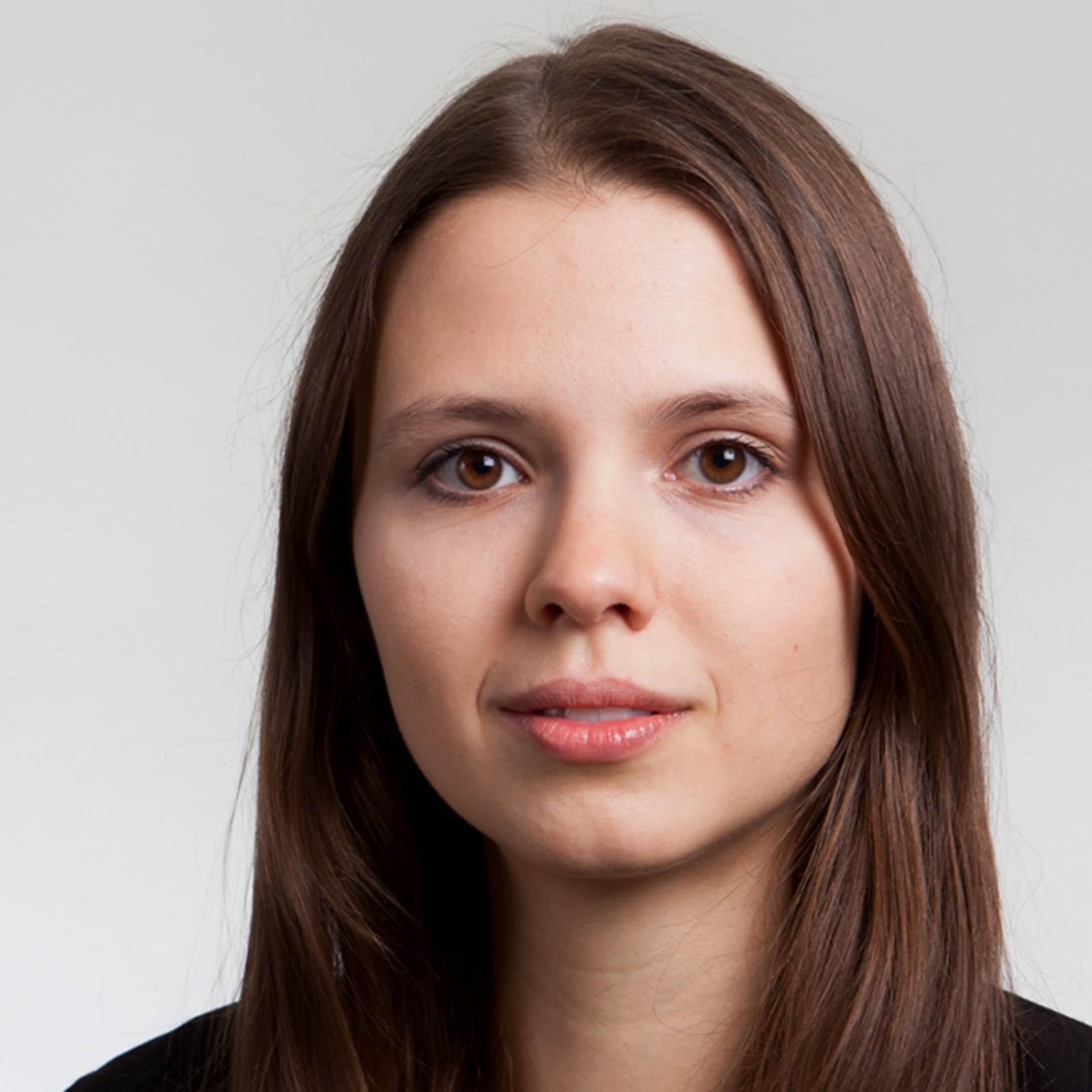
Anna Jasinenko
University of Lausanne
Anna Jasinenko is a post-doctoral researcher at the University of Lausanne (HEC) and will start an Assistant Professorship at the University of St. Gallen in August 2023. She holds a PhD in management from the HHL Leipzig Graduate School of Management and a Master’s degree in psychology from the University of Vienna. Her research focuses on the psychological micro-foundation and multi-level interactions of social evaluations, such as legitimacy or the perception of organizational purpose. In her work, she uses experimental and multi-method approaches.
Experts
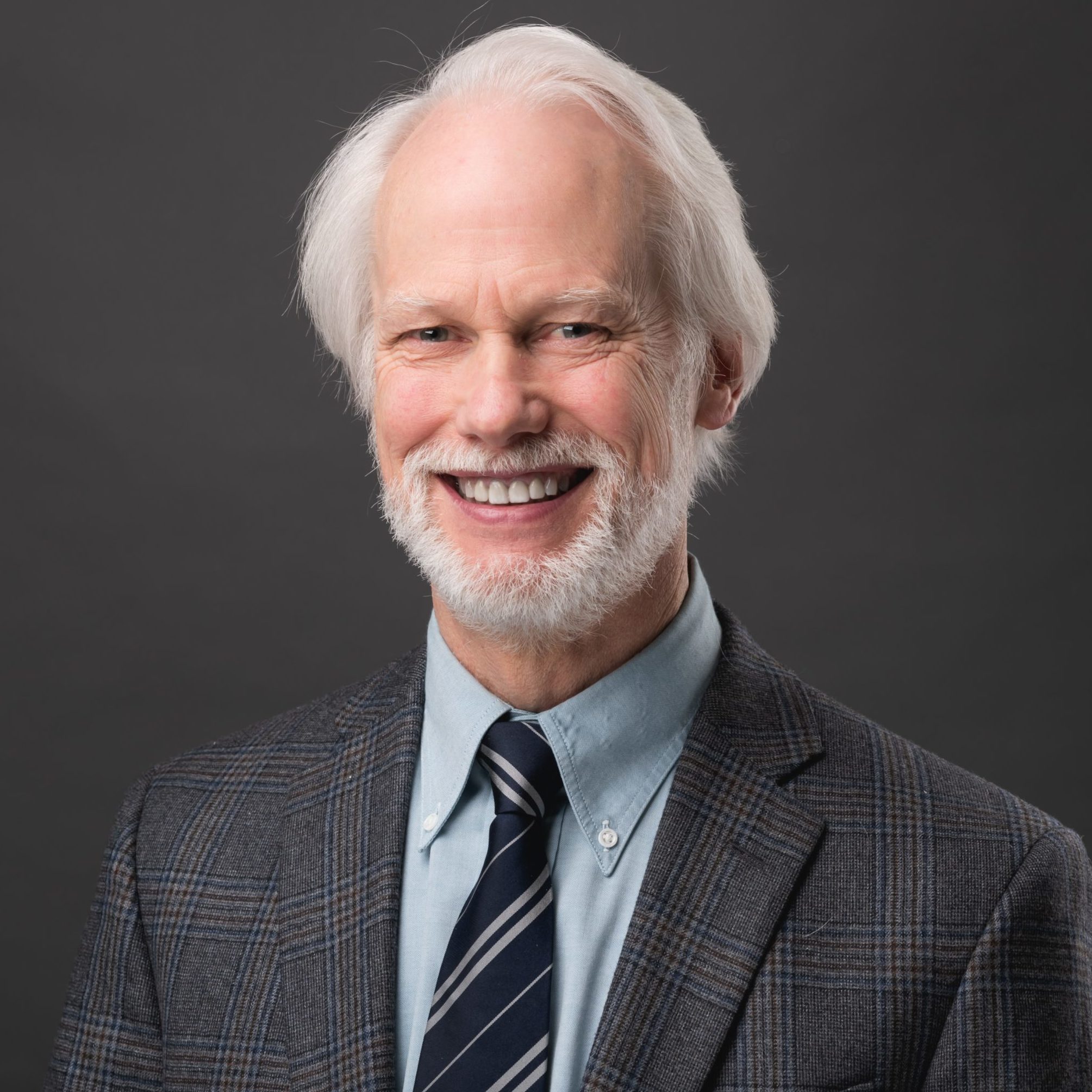
David Deephouse
University of Alberta
David L. Deephouse, Professor in the Department of Strategy, Entrepreneurship, and Management of the Alberta School of Business in the University of Alberta, and International Research Fellow of the Oxford University Centre for Corporate Reputation. I also served seven years as the School’s Associate Dean for PhD Programs and for Research. My research focuses on (1) indigenization and decolonization in business schools, universities, and businesses; (2) social evaluations of organizations, especially legitimacy and reputation; and (3) the causes and consequences of each, especially how organizations position themselves to balance pressures to conform to and differentiate from industry and institutional norms at local, regional, and global levels. I enjoy being with Nature, live music, and baking artisanal bread and pizza. I have licence plates from eight colonial jurisdictions across Turtle Island, and as indicated by my tie, would be sorted into Ravenclaw at Hogwarts.

Michael Etter
King's College London, King's Business School
Michael Etter is Reader at King’s College London. His work looks at the formation and management of social evaluation constructs, such a reputation and legitimacy, and how digital media influence these processes.
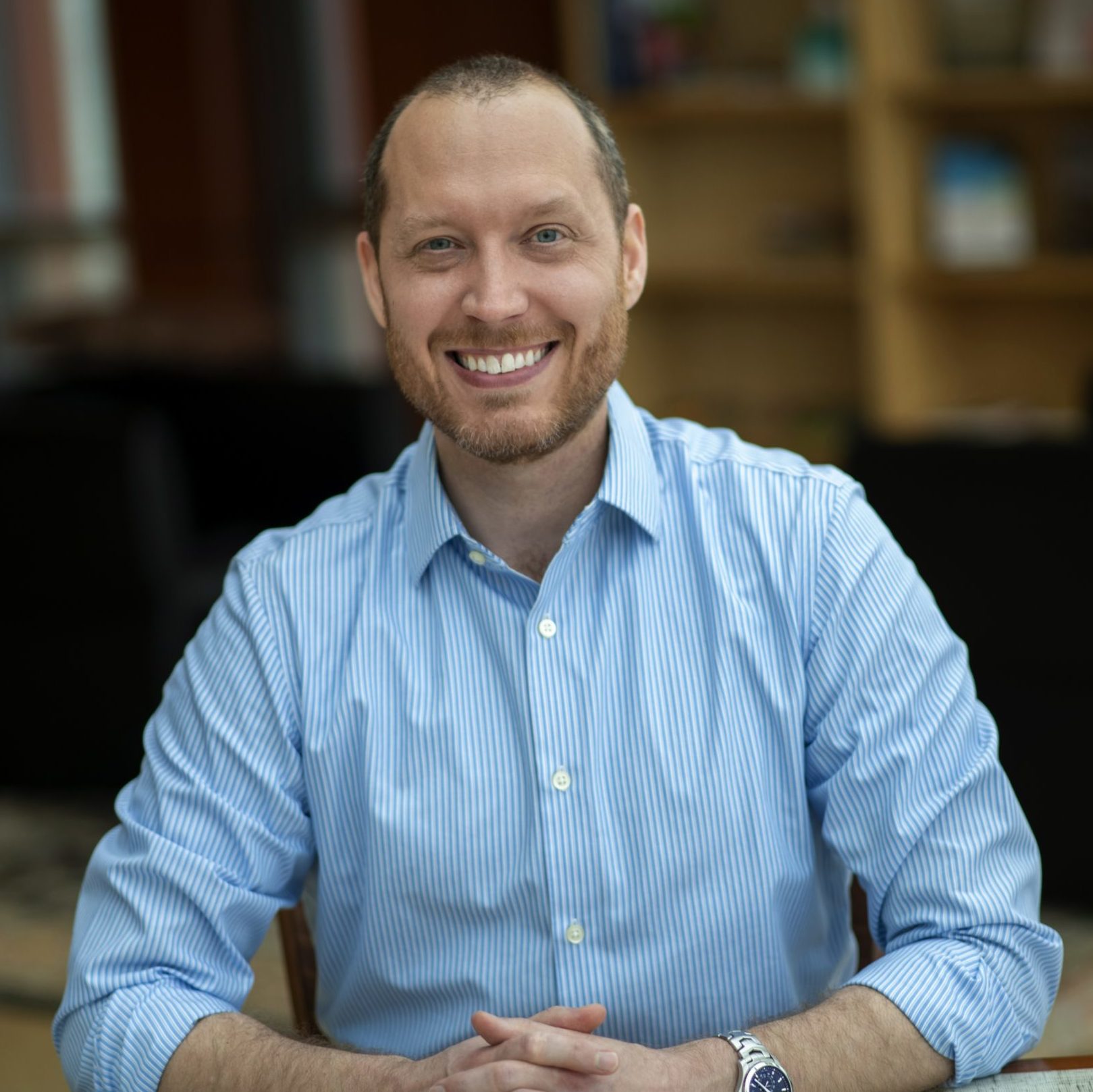
Derek Harmon
University of Michigan
I am broadly interested in the assumptions—the things we take for granted—that underlie and influence organizational and institutional phenomena. In particular, I am concerned with how these taken-for-granted assumptions emerge and persist over time, as well as the consequences that arise when they are unexpectedly disrupted. I have studied the assumptions developed around important social judgments (e.g., legitimacy, trust, and fairness), and have done so across numerous settings (e.g., central bank communications, nascent market emergence processes, misconduct in the Chicago Police Department, the adoption of AI decision-making tools, etc.). Overall, my work is highly interdisciplinary, drawing on theories from linguistics, sociology, economics, and psychology, and tries to reveal the microfoundational mechanisms that explain observed macro phenomena.
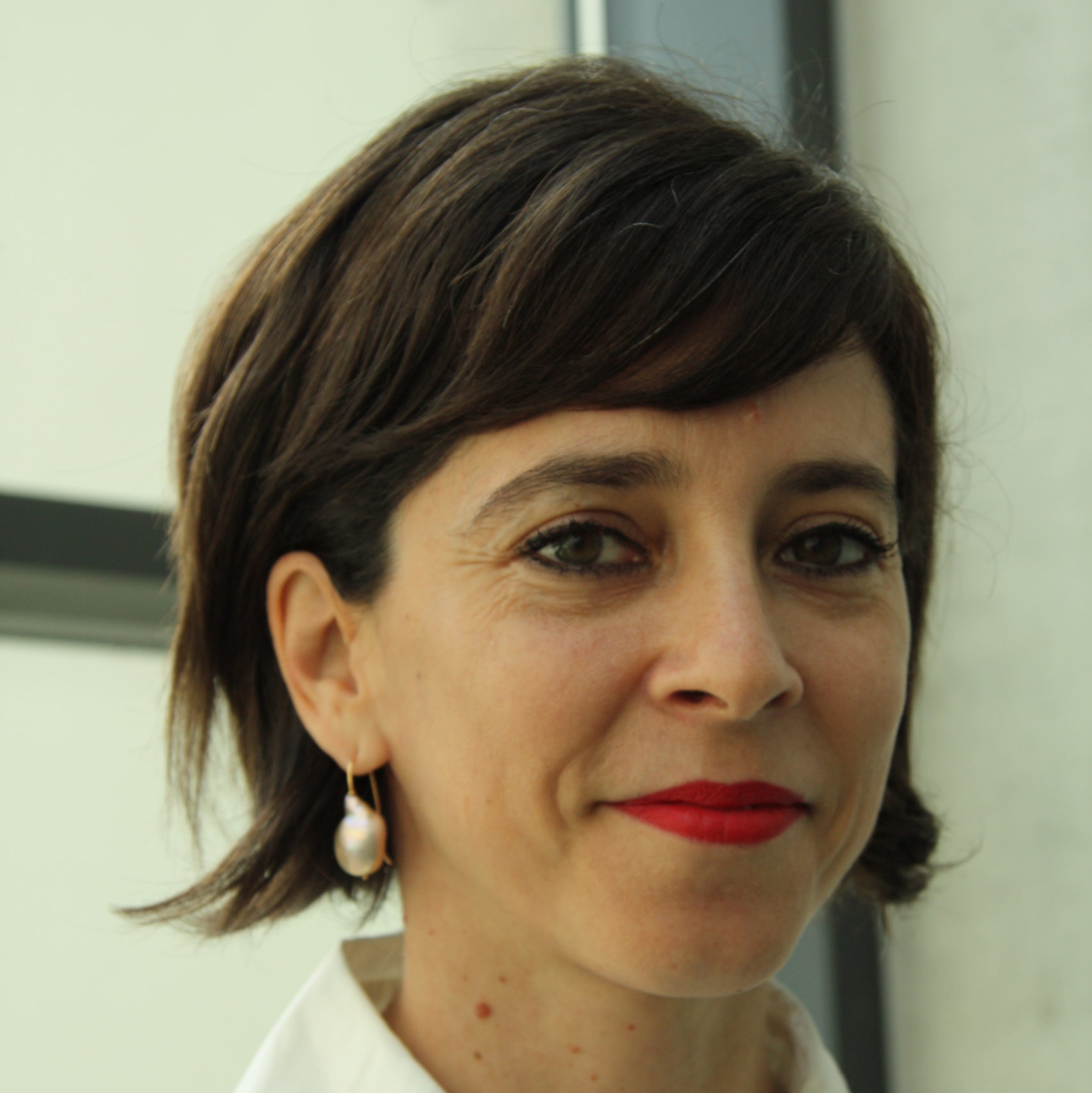
Laura Illia
University of Fribourg, Switzerland
Laura Illia is Professor of Communication, Business and Social Responsibility at the Faculty of Management, Economics and Social Science (University of Fribourg), Switzerland. Her work is on how discourses and narratives contribute to our understanding of business in a new media landscape where Artificial Intelligence (AI) is taking the advent. By applying new digital methods such as machine learning to big dataset she analyzes the legitimation of organizations on social media and the use of new media by companies in the dialogue with their stakeholders.
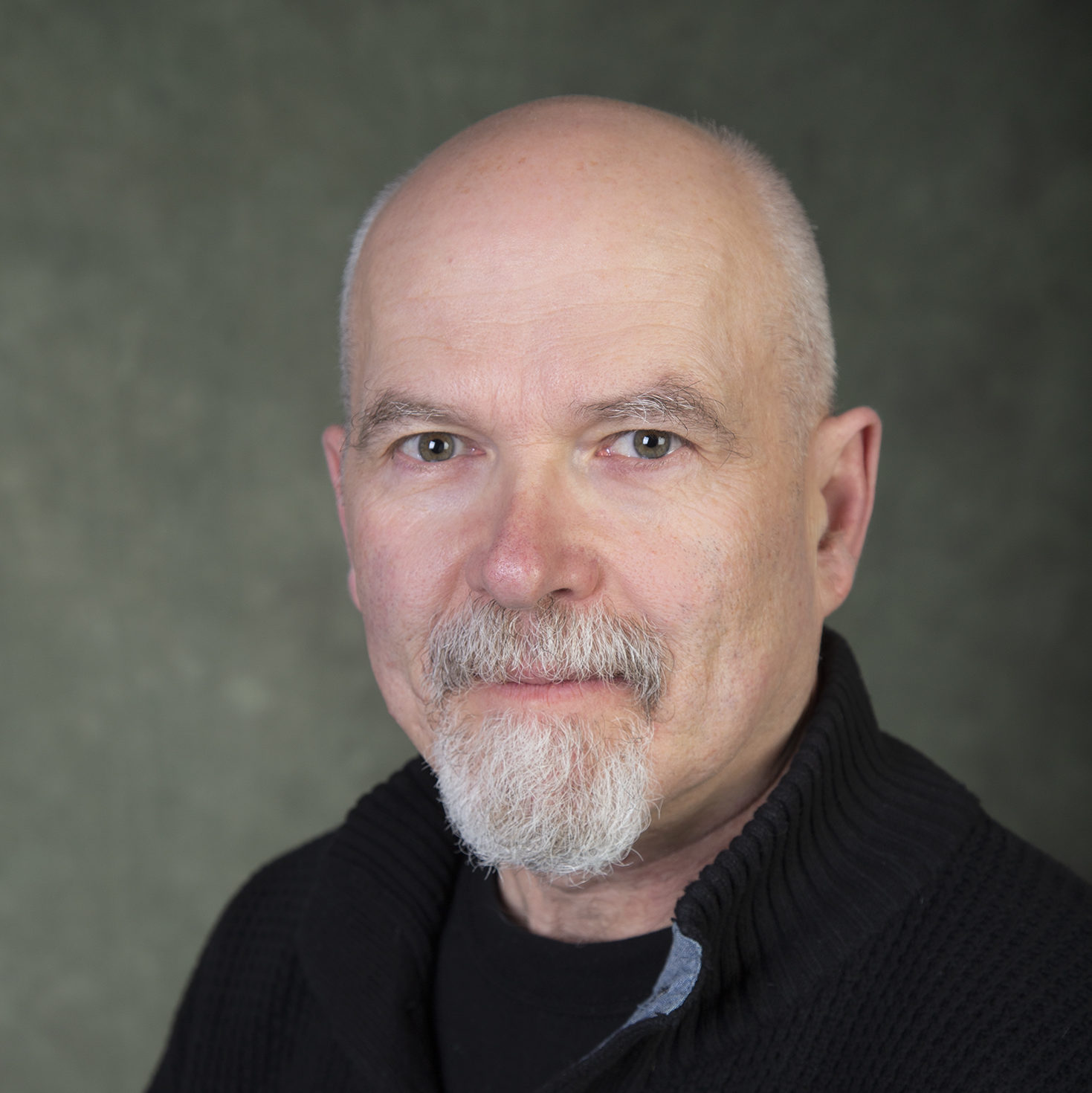
Roy Suddaby
University of Victoria
Roy Suddaby is the Winspear Professor of Management at the Peter B. Gustavson School of Business, University of Victoria, Canada. His research focuses on processes of institutional and societal change with a particular emphasis on understanding how social value judgements – legitimacy, authenticity, status, reputation – are mobilized in social value regimes to promote or resist institutional change.
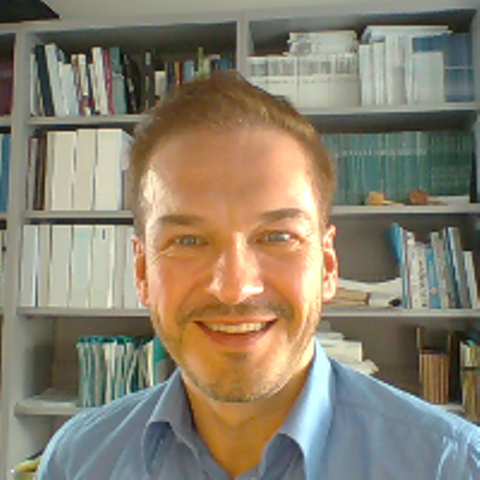
Alex Bitektine
JMSB - Concordia
Alex Bitektine is Professor of Management in the John Molson School of Business at Concordia University (Montreal, Canada) and Canada Research Chair in Institutions and Strategic Entrepreneurship, Tier II. He holds PhD and MBA from McGill University. His research interests include institutional theory, entrepreneurship, social judgments (legitimacy, status, reputation, trust, and others), non-market strategies, sustainable development, as well as application of experimental methods in organizational research. In his research, he seeks to integrate multi-level approach and findings from microsociology and social psychology into Organizational Theory and Management studies. He conducts research using both qualitative and quantitative methods. His work has been published in the Academy of Management Review, Organizational Research Methods, Academy of Management Annals, Academy of Management Discoveries, Journal of Management, Journal of Management Studies, Journal of Business Ethics, Journal of World Business and others. He serves on editorial boards of the Academy of Management Review, Journal of Management Studies, Organization Studies, and the Academy of Management Learning and Education.
Workshop Participants
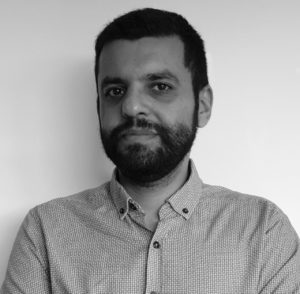
Ali Ghods
IAE Aix-Marseille University

Alicia Blanco-González
Rey Juan Carlos University
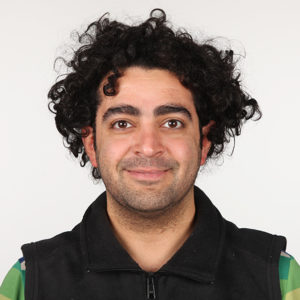
Amin Yousefi
Rotterdam School of Management, Erasmus University Rotterdam
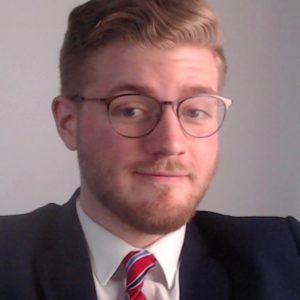
Angelo Deleo
L'Università della Svizzera italiana (USI Lugano)

Björn Claes
The Open University

Chang-Wa Huynh
HEC Paris / ESCP Business School
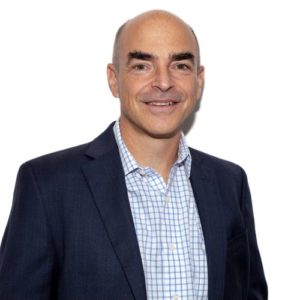
Charles-Clemens Rüling
Grenoble Ecole de Management
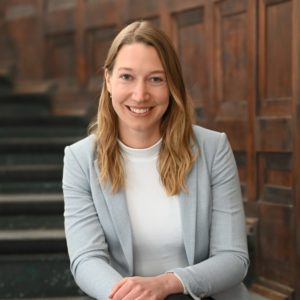
Christina Kannegiesser
University of Mannheim

Craig Carroll
Rice University
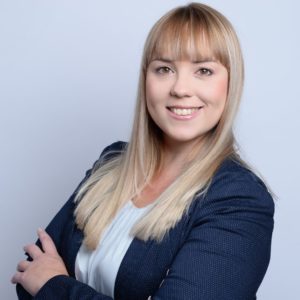
Cynthia Friedrich
RPTU Kaiserslautern-Landau

David Langley
University of Groningen
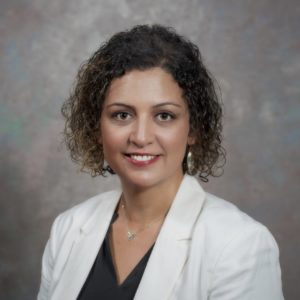
Duygu Phillips
University of Delaware
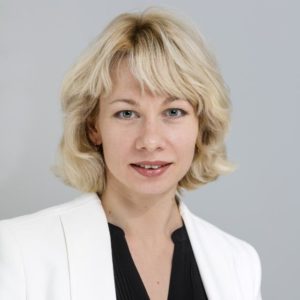
Evelina Gillard
Vrije Universiteit Amsterdam

Felix Honecker
University of Glasgow

Francisco Diez-Martin
Rey Juan Carlos University

Hung Nguyen
ESSCA School of Management
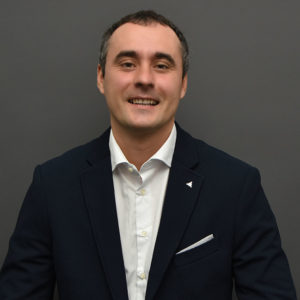
Ivan Miroshnychenko
IMD
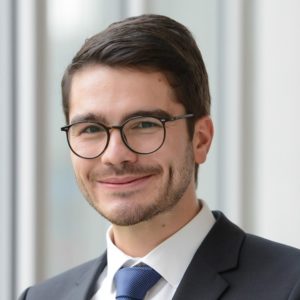
Lukas Krenz
University of Mannheim
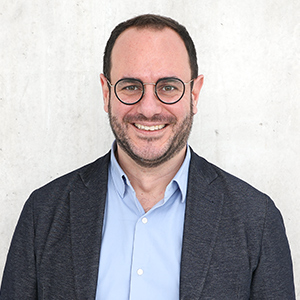
Marco Clemente
ZHAW - School of Management and Law

Melanie Richards
Technical University Munich (TUM)
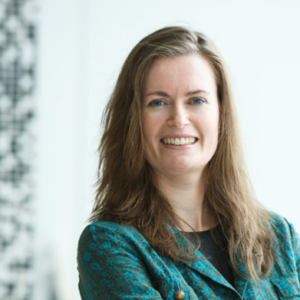
Mirjam Goudsmit
Radboud University Nijmegen
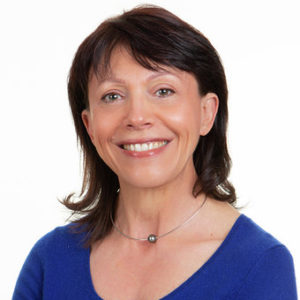
Odile Hettler
Grenoble Ecole de Management (GEM), France
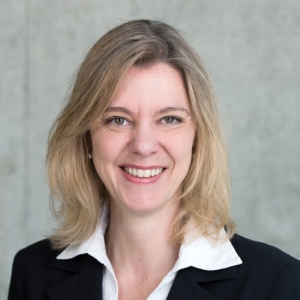
Patricia Enzmann
ZHAW SML
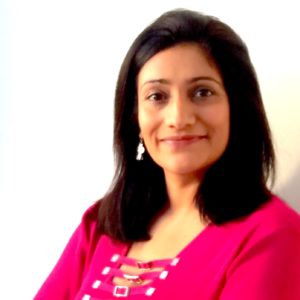
Sonia Siraz
University of Essex
